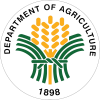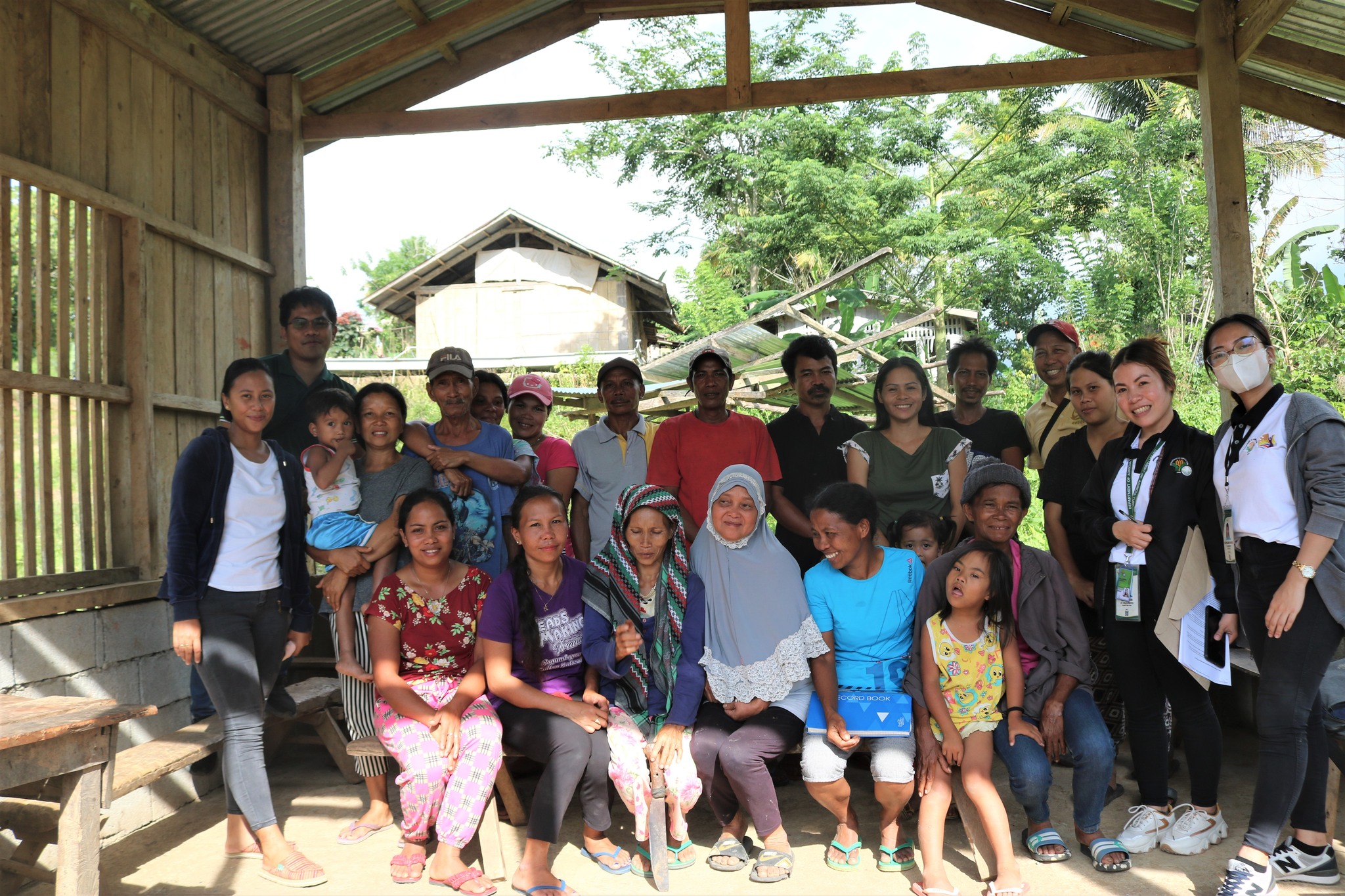
 SAAD Bulletin
SAAD BulletinUNLAD LOKAL || SAAD NPMO-PRDC collects information on Cotabato and Sultan Kudarat FAs that have demonstrated exemplary results in livelihood projects
SAAD’s strategy of providing beneficiaries with integrated livelihood projects provides two feasible options for farmers: to consume their agricultural products or to sell them for additional income. This translates to the reality of the program’s overarching goals of (1) providing food on the table, and (2) sustainable projects through community-based enterprise (CBE).
In Cotabato and Sultan Kudarat, seven (7) farmer groups operate small-scale agribusinesses on corn and upland rice commodities. Most of them are indigenous Aromanon, Teduray, B’laan, Monobo, T’boli, and Tagakaulo, as well as communities identified as End Local Armed Conflict (ELCAC) sites and Geographically Isolated and Disadvantaged Areas (GIDAs).
From June 12 to 16, the National Program Management Office – Public Relations and Development Communication (NPMO-PRDC) Unit in its Unlad Lokal Coffee Table Book project visited Cotabato and Sultan Kudarat to document and interview on projects turned community-based enterprises (CBEs) during SAAD Phase 1 implementation.
The activity initiated talks with farmer-partners who have been exhibiting exemplary performances to learn about their practices leading to the creation of sustainable businesses that grow and create jobs for the members. This manifests the farmers and implementation’s successful effort in providing the maximum benefit of the agricultural interventions provided, from production to postharvest support.
In Sultan Kudarat, the Kalamongog Teduray Farmers Association, Napnapon Corn Farmers Association, Malegdeg Agrarian Reform Beneficiaries and Diversified Farm Owners Association, Tribal Christian Farmers Association, Lomoyon United Farmer’s Association, and Kabulanan Highlanders Association and Sustainable Inc. received both upland rice and corn commodities to support their existing production.
Members stated that the projects enabled them to put food on the table as a direct result of the livelihood assistance. This is fundamentally linked to the Program’s primary goal of ensuring food security and the sustenance of a livelihood for recipients and their families.
A gleaming story of success in enterprise in Antipas, Cotabato, Ms. Florencia Galinato, also known as Manay Olong, founder of the Galilee Rural Improvement Club used to make chichacorn to serve as a snack whenever she had visitors. Someone once suggested that she sell it – which she did. Now with 25 all-women members, the association produces chichacorn and banana chips. Through the SAAD Program, they received Php 1.5 million worth of food processing building to support their production where their initial 500 packs of chichacorn and banana chips increased fivefold.
The group is earning Php 15,000 a day from chichacorn and banana chips-making – producing 200 kilograms (kg) of chichacorn and 500kgs of banana chips per day to cater to the provincial demand.
*Chichacorn, a portmanteau of ‘chicharron’ and ‘corn’, is a variant of cornick originating from the Ilocos region made of glutinous white corn.
#DASAAD
#SAADCotabato
#SAADSultanKudarat
Photos by: DA-SAAD 12
Saad Soccsksargen

